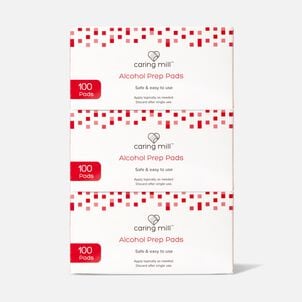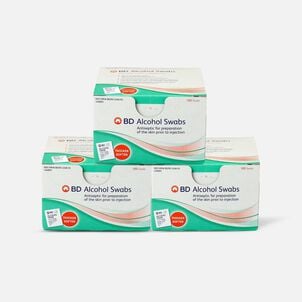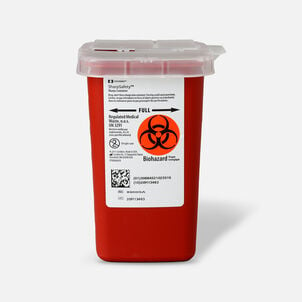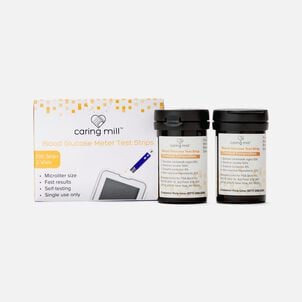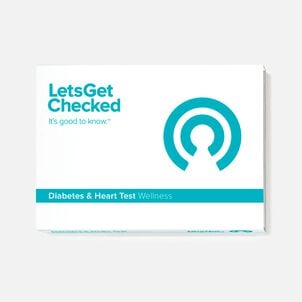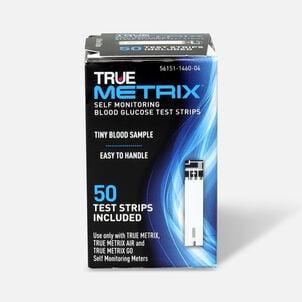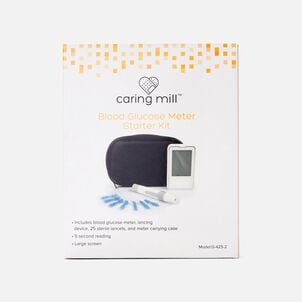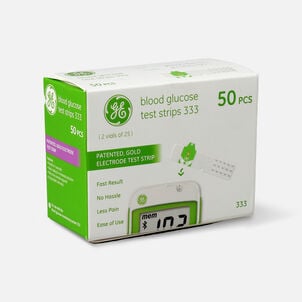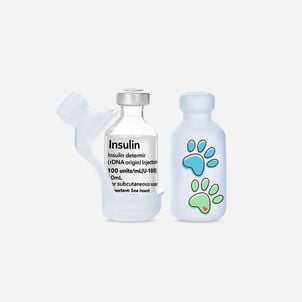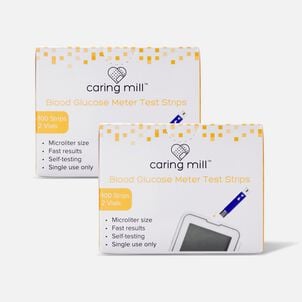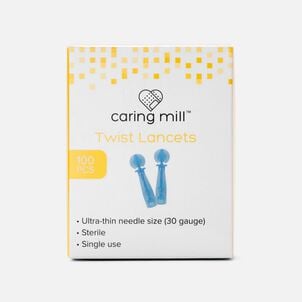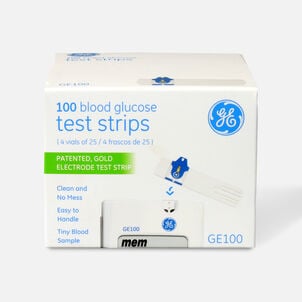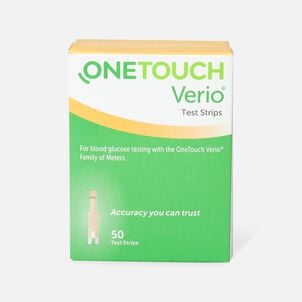The Complete HSA Eligibility List
Here it is — the most-comprehensive eligibility list available on the web. From A to Z, items and services deemed eligible for tax-free spending with your Flexible Spending Account (FSA), Health Savings Account (HSA), Health Reimbursement Arrangement (HRA) and more will be here, complete with details and requirements. Important Reminder: HSAs, FSAs, HRAs and other account types listed may not all be the same. Be sure to check with your administrator to confirm if something is eligible before making a purchase.
Here it is — the most-comprehensive eligibility list available on the web. From A to Z, items and services deemed eligible for tax-free spending with your Flexible Spending Account (FSA), Health Savings Account (HSA), Health Reimbursement Arrangement (HRA) and more will be here, complete with details and requirements. Important Reminder: FSAs, HRAs and other account types listed may not all be the same. Be sure to check with your administrator to confirm if something is eligible before making a purchase.
Blood-sugar test kits and test strips: HSA Eligibility
Blood-sugar test kits and test strips: eligible with a Health Savings Account (HSA)HSA Eligible Diabetes Care
How do blood sugar test kits and test strips work?
For individuals with diabetes, monitoring one's blood sugar levels to ensure that they are in the correct range is pivotal to controlling symptoms, pain and avoiding long-term complications that may arise from poor blood sugar levels. Blood sugar test kits and test strips are invaluable in helping diabetes sufferers plan meals, activities and what times of day to take medications to maintain normal blood glucose levels. Additionally, these test kits are vital for patients to quickly respond to high blood sugar (hyperglycemia) and low blood sugar (hypoglycemia) states when they arise.
The first blood glucose meters were developed in the 1980s that measured blood glucose by using an enzyme to convert the glucose in a drop of blood into a proportional amount of dye, which was then measured by a beam of light projected onto the test spot. By detecting how much of the light was absorbed in the dye, this could reveal an accurate level of blood glucose present (American Diabetes Association).
However, today's test strips utilize a process called electrochemistry, which still employ an enzyme in the test strip, but instead of using dye, the glucose will experience a chemical reaction that will convert it into an electrical current. This current will provide an accurate reading of glucose concentration in the blood and can be read easily by a blood glucose meter (also known as a glucometer) to assess the patient's current blood sugar levels (TheDiabetesCouncil.com).
Who should test blood sugar levels?
Testing blood sugar levels is an essential practice for patients who are managing their diabetes to examine how their treatment is progressing, assessing how diet, exercise, illness and stress affect blood sugar levels and the efficacy of diabetes medications. Blood sugar testing practices can vary depending on whether patients are diagnosed with type 1 or type 2 diabetes, or if a person has a predisposition for the condition. These groups include:
- Type 1 Diabetes: This condition calls for the most intensive blood sugar testing, about 4-8 times per day. These tests typically take place before/after meals, exercise and bed, and this frequency may increase due to illness, changes in routine or medication (Mayo Clinic).
- Type 2 Diabetes: With this condition, doctors recommend testing two or more times each day, often before meals. Additionally, an individual's insulin regimen or if the condition is being managed with medications, diet and exercise, may alter how often blood sugar is tested (Mayo Clinic).
- Pregnant Women: Women who are pregnant may also benefit from a blood glucose check between 24 and 48 weeks of pregnancy to check for gestational diabetes. This is a condition where the body does not make and use all the insulin it needs for pregnancy, which allows glucose to build up to high levels and will need to be managed (MedlinePlus).



